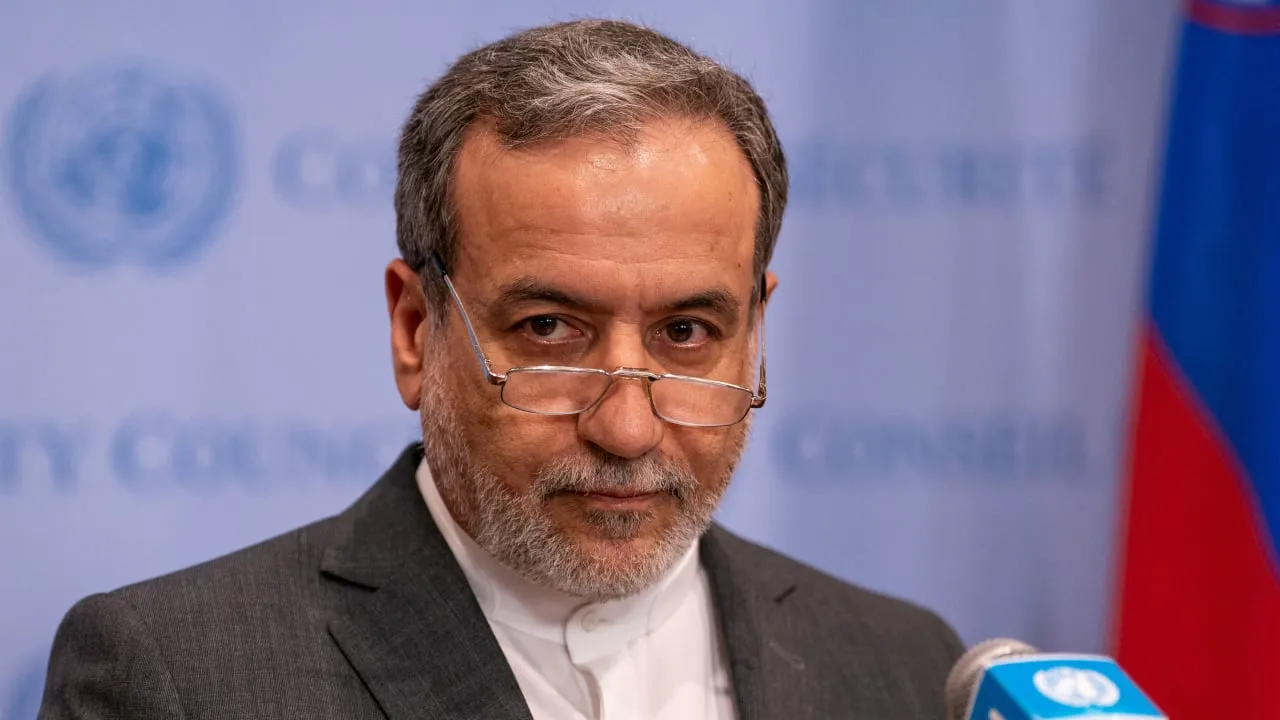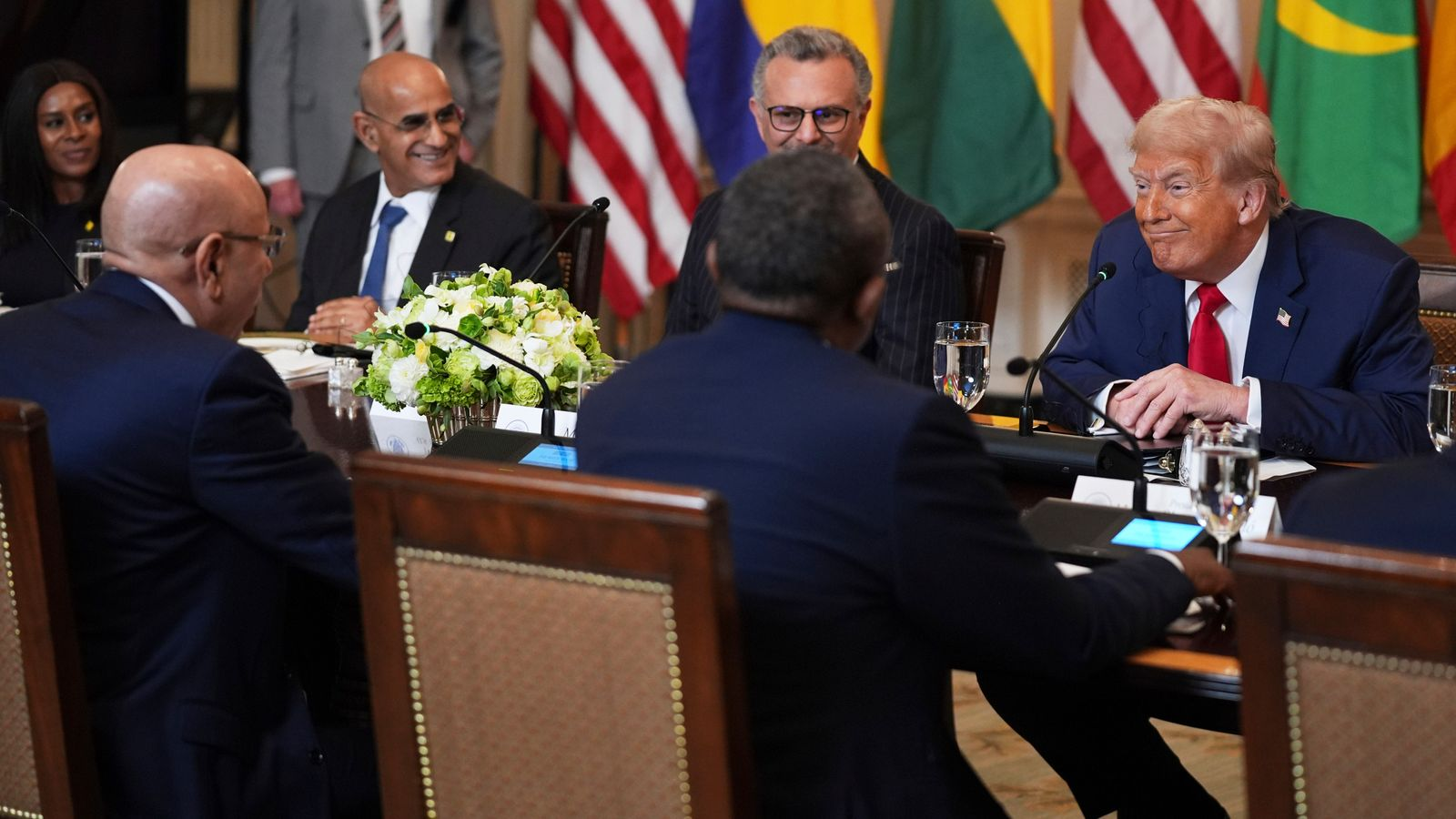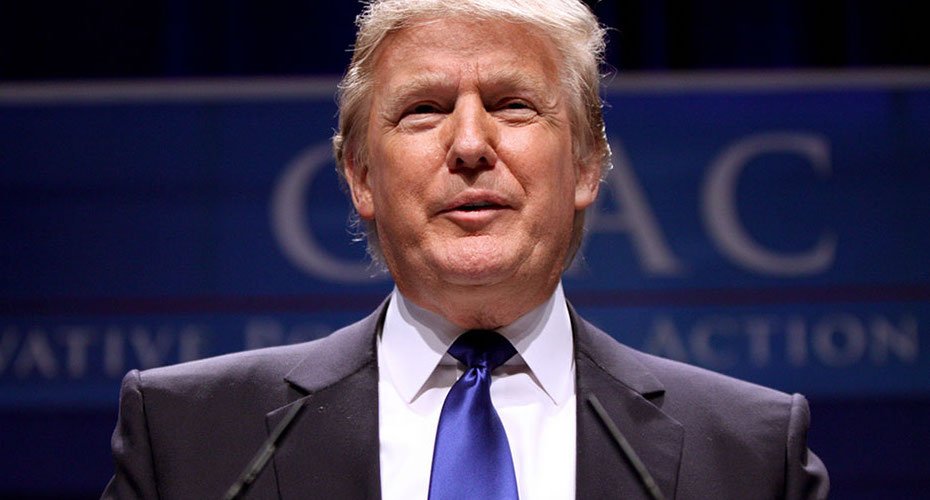BlogHear.com | June 22, 2025
In a televised address on Sunday, U.S. President Donald Trump hailed the recent strike on Iran’s nuclear facilities as a “spectacular military success,” claiming that Iran’s “key nuclear enrichment facilities have been completely and totally obliterated.” He warned that further military action could follow unless Iran agrees to peace.
Iran responded defiantly, vowing to defend itself with all available means and warning of “everlasting consequences.” The Iranian government has not yet disclosed the extent of the damage or its next steps.
As tensions mount, global investors are preparing for heightened market volatility, with analysts predicting shifts in stocks, oil, and currency markets when major exchanges reopen.
Market Impact and Investor Sentiment
Mark Spindel, CIO at Potomac River Capital, said markets are likely to react negatively to the U.S. involvement. “I think the markets are going to be initially alarmed, and I think oil will open higher,” he said, adding that the long-term economic fallout remains unclear.
Ether, the second-largest cryptocurrency, dropped 5% on Sunday, extending its total losses to 13% since Israeli strikes on Iran began on June 13, a sign of declining retail investor confidence.
However, Gulf markets appeared unfazed. Major stock indices in Qatar, Saudi Arabia, and Kuwait posted slight gains, while Israel’s TA125 index hit an all-time high.
Oil Prices and Inflation Concerns
Oil markets are a major point of concern. Saul Kavonic, a senior energy analyst at MST Marquee, warned that Iranian retaliation could target American interests in the Middle East, including vital oil infrastructure or shipping lanes like the Strait of Hormuz.
“This could set us on a path towards $100 oil if Iran responds as they have previously threatened to,” Kavonic said.
Since June 10, Brent crude has surged 18%, reaching $79.04 per barrel—its highest in nearly five months. If oil prices spike further, inflation could rise globally, pressuring central banks to pause interest rate cuts.
Financial Analysts React
Jamie Cox of Harris Financial Group echoed concerns over rising oil prices but added that the strikes might force Iran to negotiate. “With this demonstration of force… they’ve lost all of their leverage and will likely hit the escape button to a peace deal,” he said.
Despite immediate selloffs, historical data suggests markets may recover. According to Wedbush Securities, the S&P 500 declined only 0.3% on average in the three weeks after previous Middle East conflicts and was up 2.3% within two months.
Dollar and Global Currency Shifts
The U.S. dollar, which has been weakening throughout 2025, could briefly rally amid a “flight to safety,” analysts say. Steve Sosnick, chief strategist at IBKR, noted that “yields could go lower and the dollar get stronger” depending on Iran’s response and oil volatility.
The dollar’s long-term outlook remains uncertain, particularly if U.S. involvement deepens and domestic economic strain grows.
Looking Ahead
The conflict’s trajectory remains unclear. Trump’s declaration may signal the start of a broader campaign or a strategic move to force diplomacy. Meanwhile, markets and governments worldwide will watch closely for Iran’s response in the coming days.
BlogHear.com will continue to provide real-time updates as the situation unfolds.




